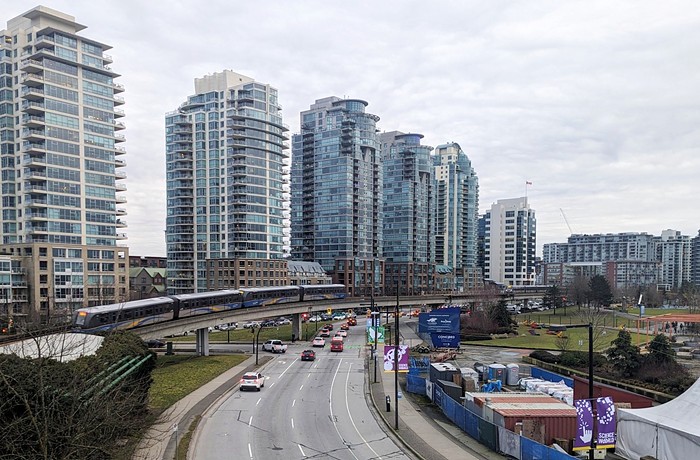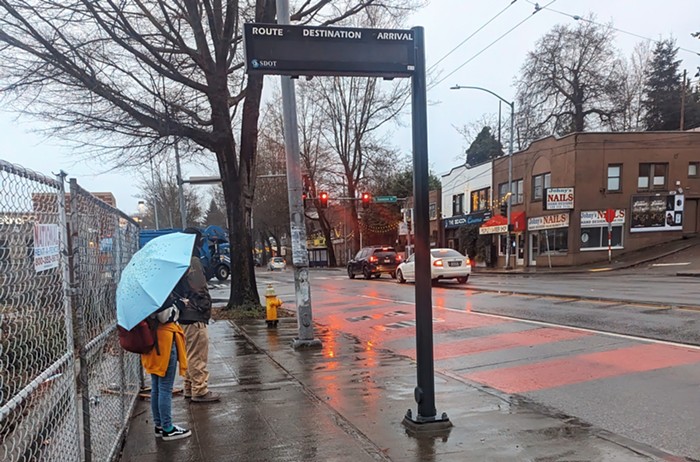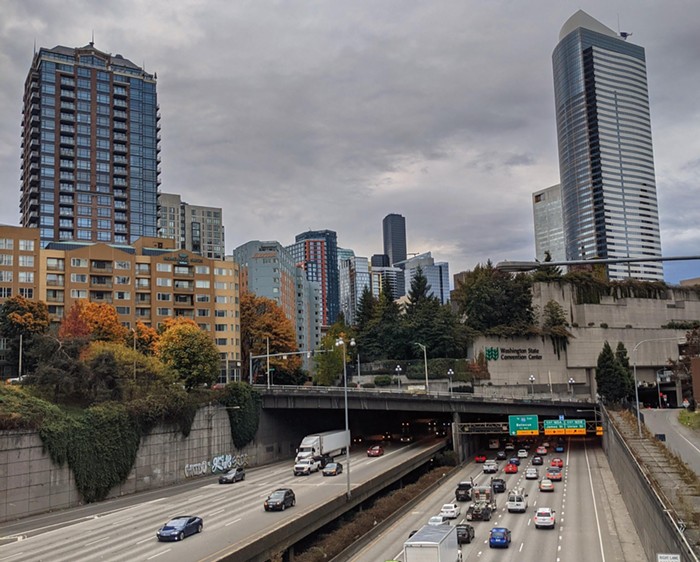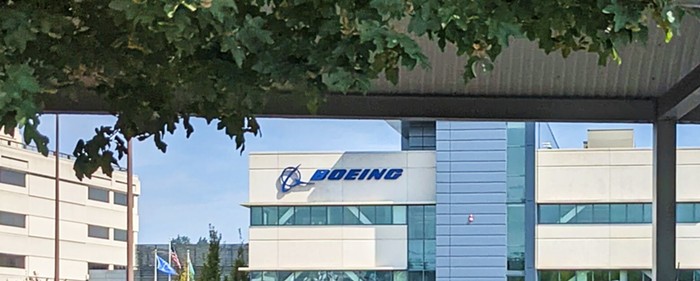
Again and again, the critics of ST3, on the right and, sadly, the left, have argued that buses are somehow cheaper than light rail, and therefore it's better to send transit investments to Metro rather than to the Link. And why do these groups think bus transportation is cheaper than rail? In the way Keynes once explained that practical types often think they are expressing an economic idea that's their own, but are instead under the influence of "some academic scribbler of a few years back," those who believe that buses are cheaper than trains or subways are unwittingly distilling and transmitting the ideas of certain celebrated urbanists.
The whole bus thing in its current articulation begins really with the Brazilian city of Curitiba, which in the late 1980s had a very popular bus system, Bus Rapid Transit, set up by a charismatic and urbanist mayor, Jaime Lerner. In the late 1990s, the capital of Colombia, Bogotá, was under the leadership of another charismatic and urbanist mayor, Enrique Peñalosa, and decided to imitate Bus Rapid Transit because it was cheaper to set up than a subway system. Bogotá was in desperate need of a functional and fast public transportation system, but did not have the money or the time to build a subway. These were the social and economic conditions or pressures that led to the city's decision to develop the Transmilenio mass transit system.
Peñalosa is right on many things (bikes, parks, density), which is why in urbanist literature and cinema his rejection of rail on the grounds of cost has not been challenged but registered as reasonable. But actually, Peñalosa is wrong on this one point: rail is a better deal than buses. Before I explain why, I have to thank King County Executive Dow Constantine for making some of these reasons clear to me over a breakfast we had recently. Dow Constantine is not against buses, but he certainly does not see them as the solution to the major transportation problems in this county.
Now, though a bus system with dedicated lanes (a bus system without such lanes can never be rapid) might be cheaper to install, it is not cheaper than a rail system in the long run. Exactly why? Because, in unit terms, a bus can never match a train's potential carrying capacity. A bus can match a train, but not a train with cars. A bus's length is limited by the structure of urban roads. This means a bus system will always need lots of engines to meet high demand. And a large number of engines always means more repairs and maintenance.
Also, recall that a Link train can have up to four cars, but if the city or ridership grows, Sound Transit can upgrade to (or add to its line) trains that can pull even more cars. This kind of flexibility is not available to a bus system, which can only answer growth with frequency. And, again, frequency on trains is not a challenge. You can have 4-car trains with the same frequency and far less running engines than buses on dedicated lanes.
So, though it is cheaper to construct a bus system with dedicated lanes, in the course of time it becomes more costly and more environmentally harsh than a train system.
But one more thing: John Fox and his Seattle Displacement Coalition are opposed to ST3 for a bunch of reasons that do not add up and show a complete lack of global thinking. Instead of seeing the huge, publicly funded development of green infrastructure as an opportunity for the poor and working classes in the classic Keynesian sense, and fighting for the poor and working classes to have more access to this project in the way of jobs and business opportunities, Fox's Coalition just says no. We have no other such plan or expenditure of this scale on the table, but they say no. Why is Seattle's traditional left so myopic and so local?



















